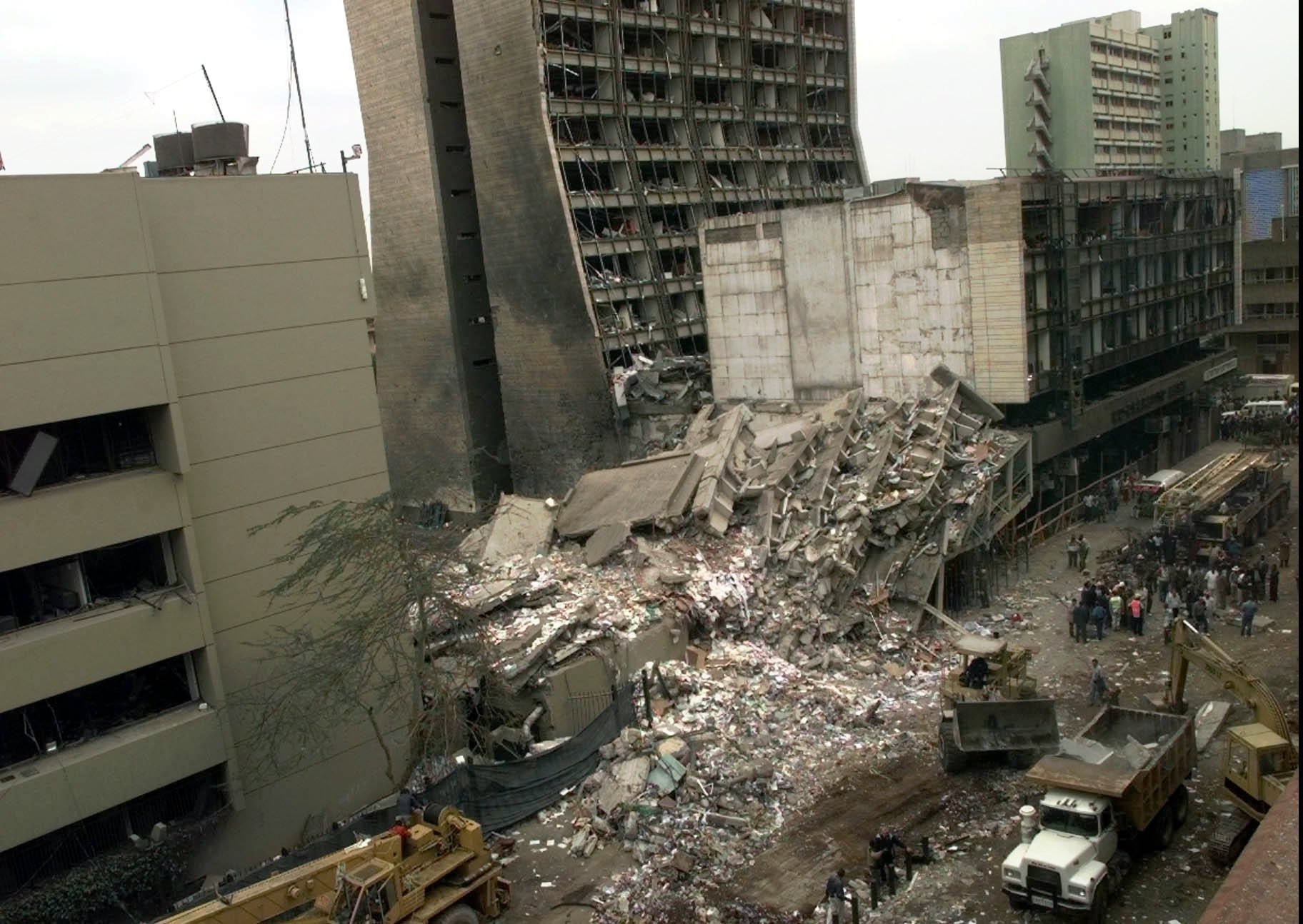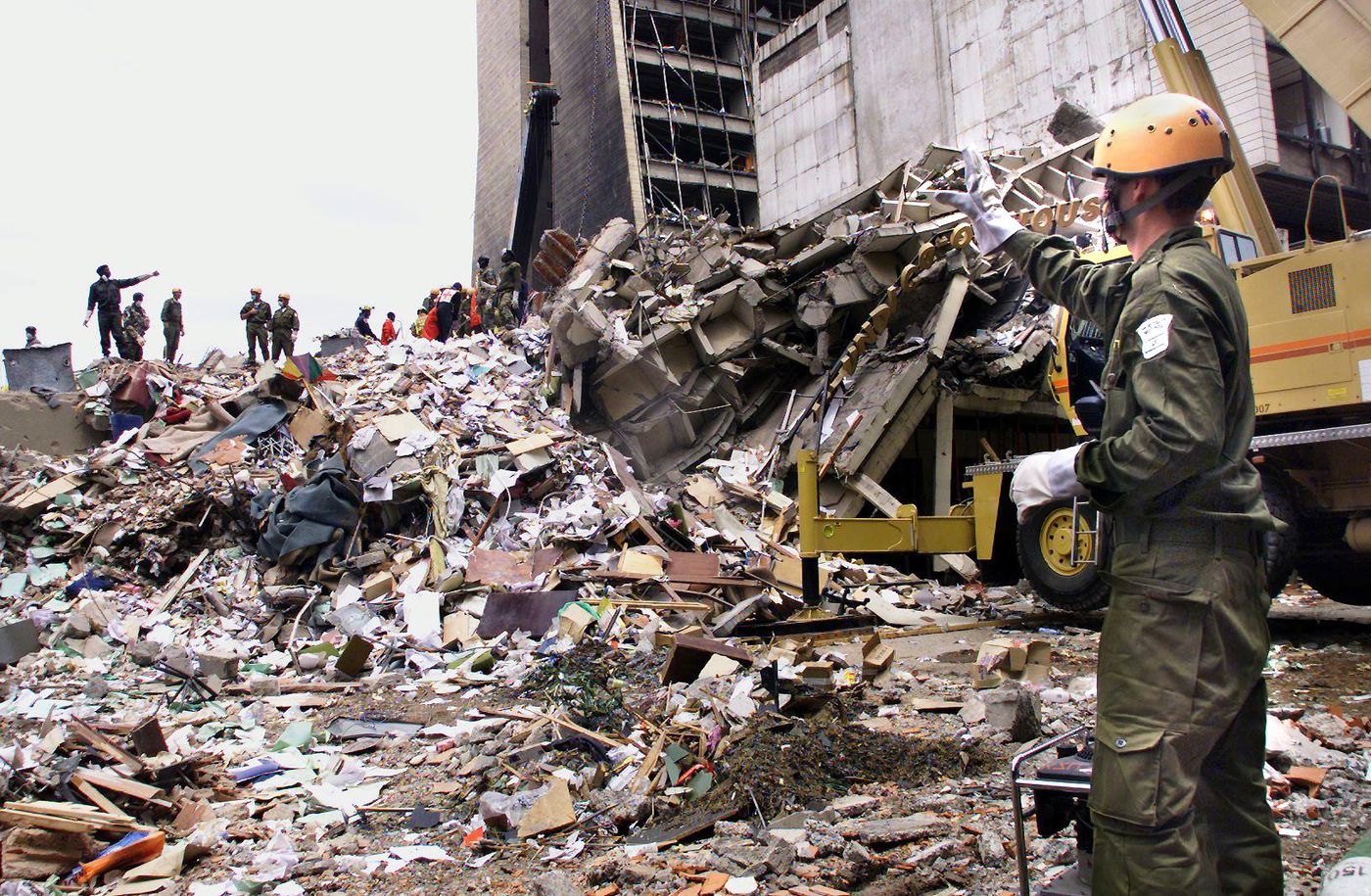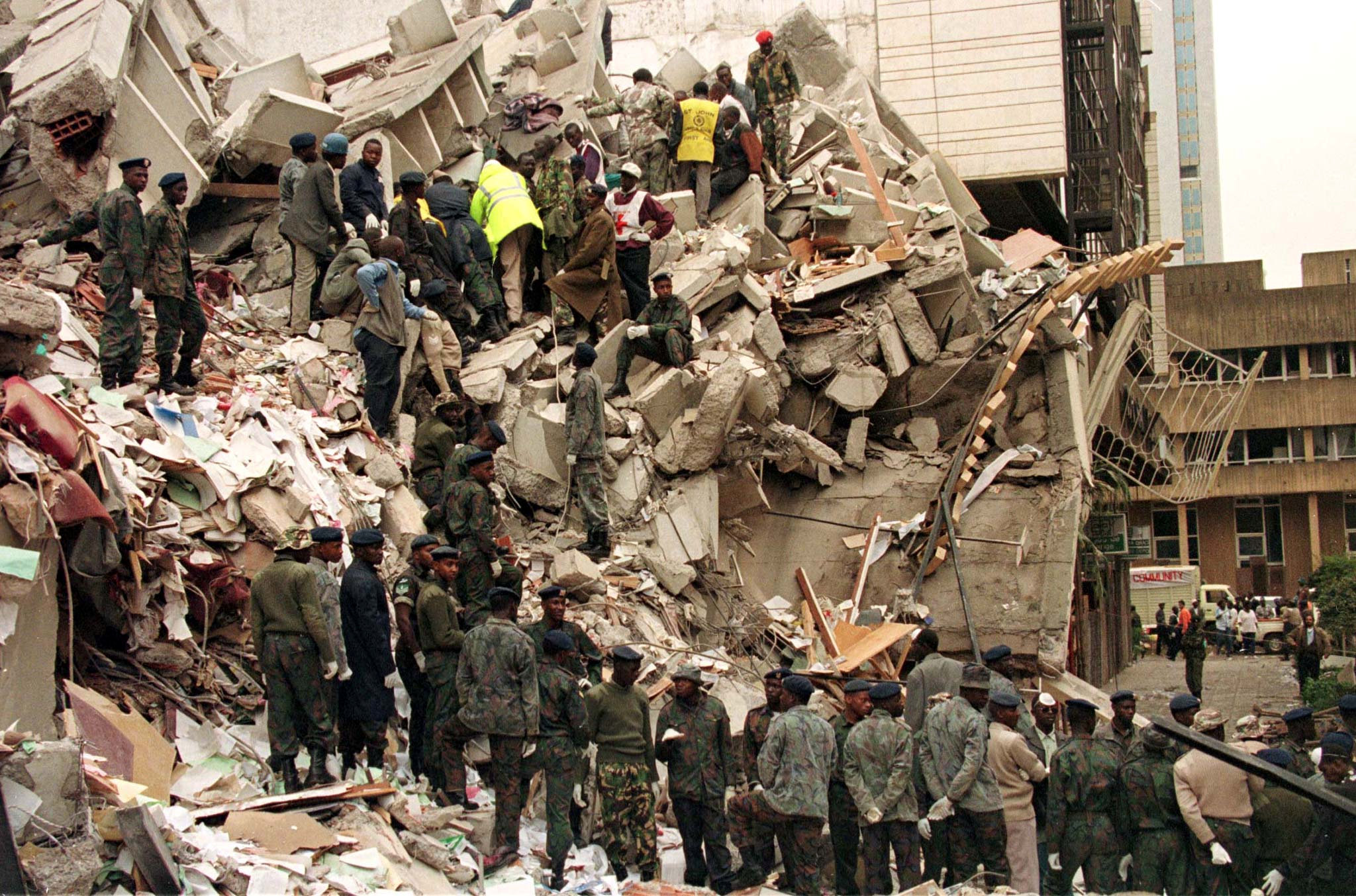Yesterday, the US Supreme Court ruled that Sudan is liable to pay the victims of the 1998 US Embassy bombing in Nairobi, Kenya, an estimated Ksh1 trillion.
Associate Justice of the US Supreme Court Neil McGill Gorsuch delivered the opinion of the court, in which all other members joined, except Justice Brett Kavanaugh who took no part in the consideration or decision of the case.
“But having decided that punitive damages are permissible for federal claims and that the reasons the Court of Appeal offered for its contrary decision were mistaken, it follows that the Court of Appeal must also reconsider its decision concerning the availability of punitive damages for claims proceeding under state law,” reads a section of the ruling.

The district court had previously entered judgment for the plaintiffs and awarded approximately Ksh1.2 trillion in damages, including roughly Ksh400 billion in punitive damages.
The Court of Appeal held that the plaintiffs were not entitled to punitive damages, a decision that has since been vacated by the US Supreme Court.
“It’s hard to imagine an act more deserving of punitive damages, and we are deeply gratified that the Supreme Court has validated the right of our clients to receive this measure of compensation.
“We are hopeful that this soon will lead Sudan to reach a just and equitable resolution with its victims,” their lawyer Matthew D. McGill said in a statement.

How much each of the victims of the tragic bombing where an estimated 200 Kenyan civilians were killed and 4,000 sustained injuries is not yet clear. But by allowing for punitive damages, the court gave the victims leverage to get a larger settlement.
“The starting point for nearly any dispute touching on foreign sovereign immunity lies in Schooner Exchange v. McFadden, 7 Cranch 116 (1812),
“The jurisdiction of the nation within its own territory is necessarily exclusive and absolute. It is susceptible of no limitation not imposed by itself,” the ruling further reads.

Justice Marshall went on to explain that foreign sovereigns do not enjoy an inherent right to be held immune from suit in American courts.
On August 7, 1998, Al Qaeda operatives detonated truck bombs outside the US Embassies in Kenya and Tanzania.
Once the dust settled and the departed laid to rest, the victims and their family members sued the Republic of Sudan under the state-sponsored terrorism exception to the Foreign Sovereign Immunities Act (FSIA), alleging that Sudan had assisted the outlawed terrorist group, Al Qaeda, in perpetrating the attacks.